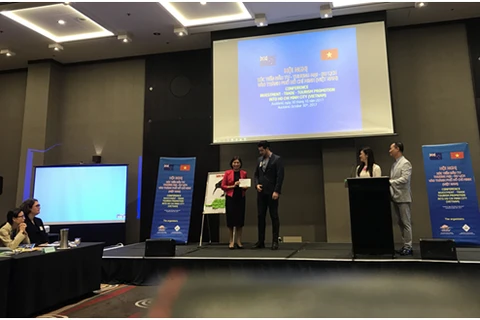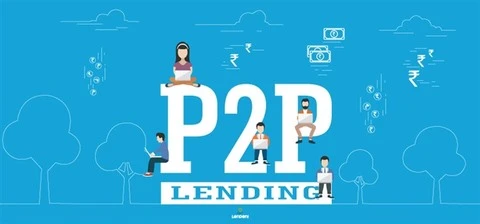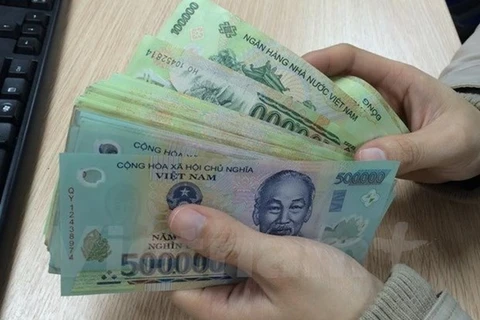 Deputy Prime Minister Vuong Dinh Hue has asked for inspections and settlement of violations related to peer-to-peer (P2P) lending model. (Photo: VOV)
Deputy Prime Minister Vuong Dinh Hue has asked for inspections and settlement of violations related to peer-to-peer (P2P) lending model. (Photo: VOV) Hanoi (VNA) – Deputy Prime Minister Vuong Dinh Hue has asked competent ministries and sector to enhance inspections, supervision and settlement of violations related to peer-to-peer (P2P) lending model which has been springing up in Vietnam in recent two years.
At a meeting in Hanoi on March 6, Hue ordered evaluation of the current operations of 40 companies providing P2P lending services, and asked the State Bank of Vietnam (SBV) to outline documents covering risk management of the model as well as examination, inspection and responsibility of relevant ministries and sectors.
The Government will mete out harsh punishments to those who disguise this new business model, he said, quoting the 2010 Law on Credit Institutions’ Article 8 as saying that “Individuals and organizations other than credit institutions are prohibited from conducting banking operations, except escrow, purchase and sale of securities by securities companies.”
P2P lending is a method of debt financing that enables individuals to borrow and lend money without the use of an official financial institution as an intermediary but though online platforms. It has experienced a period of fast growth since it was first introduced in the UK in 2005.
According to Deputy Director of the SBV’s Monetary Policy Department Nguyen Chi Quang, if P2P lending is well managed, it will serve as a boost for inclusive finance, particularly in places where residents, household businesses, and small and medium-sized enterprises have fewer opportunities to get access to banking-finance services with low costs.
However, this kind of lending also offers a fertile land for crimes like cheating, and illegal payment intermediary, among others, said SBV Deputy Governor Nguyen Kim Anh, adding that P2P lending crash in China and several Southeast Asian countries is a typical example.
Among 40 P2P providers in Vietnam, some have violated banking and credit regulations, he said.
Currently, the P2P model in Vietnam should not include financial institutions and P2P firms should not be allowed to mobilse capital for lending, he suggested.
Anh and leaders from the Ministries of Science and Technology, Planning and Investment, and Information and Communications agreed that rational legal framework is needed for P2P management.-VNA
VNA






















